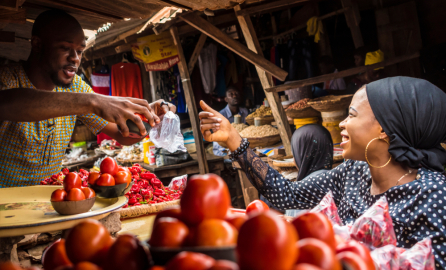Donors are particularly concerned about three issues: 1) Will we get the agreed results? 2) Can we spend the amount of money we intended to spend? and 3) Will they be spent effectively and efficiently? Technical assistance is a classical way of minimising uncertainty and risks relating to these issues. Donors have (partly) withdrawn from doing things directly through "their" TA, but the TA still often serves to diminish the information asymmetry, thus building confidence and trust - which after all is the essential pre-condition for donors' willingness to support a sector or country.
But is this use of technical assistants as "scouts" legitimate? And is it even an argument for maintaining donor-contracted technical assistance that will (also) report directly to donors?
First, it is legitimate to diminish the information asymmetry!
Second, however, using TA to gather intelligence has often a number of negative side effects if the TA is intended to support the capacity development of the partner.
That often requires a "client confidentiality prerogative", where the partner can trust that the TA does not share information. Many TA know how to handle this balance delicately and professionally. Others get sandwiched between the donor and the partner.
The effect of using TA as information channels also diminishes the incentives to strengthen the direct dialogue mechanisms and information sharing between donors and partners, building on the partners' systems (and helping to strengthen them when required). Donor staff can end up staying in their offices servicing headquarter demands while TA is effectively conducting the policy dialogue on behalf of the donor - not a healthy situation from an accountability point of view!
Making a harmonised sector-wide approach effective - building an effective dialogue structure, with joint agendas for analytical work, small joint task teams working on particular issues, and so forth - may demand more from donors than having a TA "inside". But eventually, it is likely to pay off in terms of institutionalising and harmonising policy dialogue (single-donor recruited TA have a hard time working as "neutral brokers").
The bottom line from this perspective is that country ownership means leadership by country stakeholders, and leadership means requisite dialogue, information sharing, convincing arguments and evidence. Donor-contracted TA should not substitute for this - and if and when it is still considered necessary, then is should be made explicit that this is (also) the function of the TA - so that the development of alternatives can be discussed, agreed upon and implemented.






Log in with your EU Login account to post or comment on the platform.